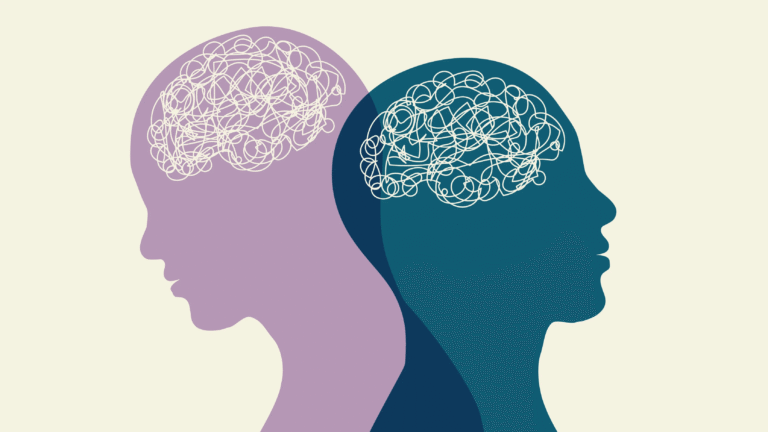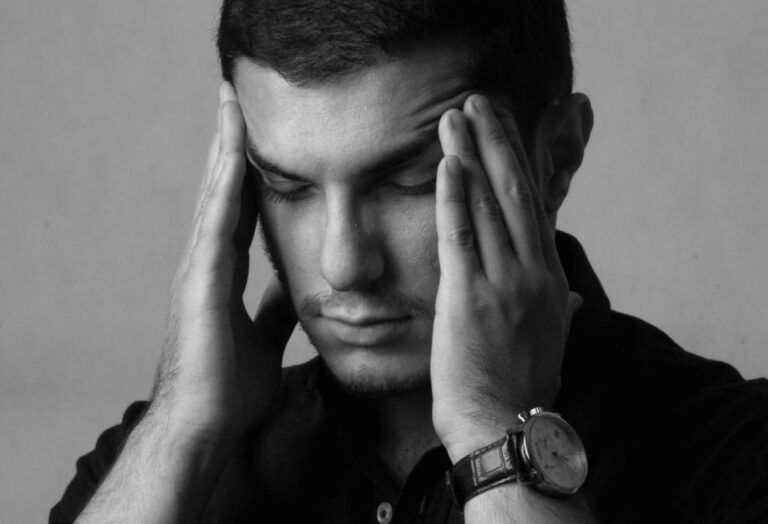Did you know that digital clutter can affect your mental health and lead to stress and anxiety? Studies show that it is just as bad for your mental health as physical clutter. It can make you feel overwhelmed and has a negative impact on your productivity. Taking steps to clear out your digital clutter can give you more clarity and improve your state of mind.
Reduce Digital Clutter On Your Phone
If your phone is filled with photos, emails, apps, etc. it might be time to do some digital cleaning. Regularly cleaning your phone memory will help you to maintain a clutter-free digital space. When iPhone storage full, it is important to find out what’s taking up space.
It could be your Photos app or games and social media apps that are causing the problem. You can access a step-by-step guide on how to clean phone memory that ensures a smoother and more efficient digital experience. Find out how to clean your photo library, clear your browser cache, and more.
Declutter Your Desktop
You may have a messy desktop full of PDF files, screenshots or other items you downloaded and don’t even remember are there. You simply forgot to delete them after using them. For the sake of your mental health, you should remember to purge your download folder daily. Delete any unnecessary items on your desktop and create desktop folders for files floating around that you want to keep.
Manage Your Apps
When you’re decluttering your desktop it will probably make you more aware of the apps you use most. Moving your most frequently used apps to your taskbar eliminates the need to constantly minimize windows to reach your desktop. The apps you use often will be only a click away. Now you can get rid of the apps you no longer really need.
Don’t Keep Too Many Tabs Open
You may keep many tabs open in your browser of choice because you fully intend to come back to them. Leaving them all open is a constant reminder of what you haven’t finished which can result in feelings of burnout. Regularly minimize the amount of open tabs you have. You can also use a Chrome extension such as OneTab that allows you to save groups of tabs for later reference. Keeping your browser clean helps you to minimize distractions.
Organize Your Files And Folders
One way to organize digital life is to spend some time organizing files and folders. Organizing them according to their purpose and relevance can improve your efficiency and result in less stress.
- Establish a clear folder structure and naming conventions for files.
- Use keywords and tags so you can easily locate files.
- Prioritize essential documents and keep them in secure folders.
- Delete or archive outdated and unnecessary files.
- Remove multiple versions of the same file.
Eliminate Digital Clutter In Your Email Inbox
Checking email is usually part of your daily routine. Your inbox can quickly start getting cluttered with subscription offers, spam, unsolicited sales messages, etc. This makes it difficult to sift through it all to find important work or personal messages.
- Unsubscribe to promotional emails and newsletters you don’t really need.
- If you use Gmail you can drag unwanted emails into the ‘Promotions’ tab. You will be prompted to choose whether all emails from the sender should go there. Select yes and Gmail will direct them there which makes them easier to mass delete.
- Categorizing your emails can help. You can organize them by the Eisenhower Matrix. First, come the important and urgent ones. Next come the important but not urgent ones. After this come unimportant but urgent ones and unimportant and not urgent ones.
Create Healthy Digital Habits
If you want to know how to organize digital life, you need to embrace a digital minimalist mindset. It doesn’t help to have a purge and then allow your digital clutter to accumulate again.
- Evaluate the tools and apps you use and only keep what adds value. Deleting unwanted apps on your devices will help to streamline your digital environment.
- Be mindful of the content you consume online. Consider the relevance of information before you download or save it.
- Use cloud-based storage systems to help you limit digital files you have on a local drive.
- Explore automation tools to help you streamline your workflows.
How Does Digital Clutter Affect Your Mental Health?
Digital clutter is the disorganization of your digital life, including your files, data, and digital devices. Hundreds of files on your desktop, a crowded inbox, and full phone storage can slow you and your devices down.
- You may recognize the need to deal with your digital clutter but feel unable to do so because there is just so much of it. This can make you feel like a failure and affect your sense of self-worth.
- Digital clutter negatively impacts your cognitive abilities. It makes it harder for you to think clearly, make decisions, and retain information. One study found that objects unrelated to a task can overwhelm your visual cortex and make you less productive.
- Constant connectivity can affect the quality and quantity of your sleep. When you don’t get enough sleep it affects your physical and mental health.
- Clutter on your digital devices can drain you mentally and make you feel exhausted and irritable.
Awareness of the need to make a change is a start. You shouldn’t try to do all of it at once. Tackle each area step-by-step and the process won’t be so overwhelming. If you don’t start now it will continue to cause stress in your life and affect your wellbeing.
Conclusion
Some of the mental health benefits of committing to digital organization and maintaining healthy digital habits are reduced stress levels, more calmness, and improved focus and productivity. Adopting strategies to manage and reduce digital clutter allows you to reap all the benefits of technology without compromising your mental health.













